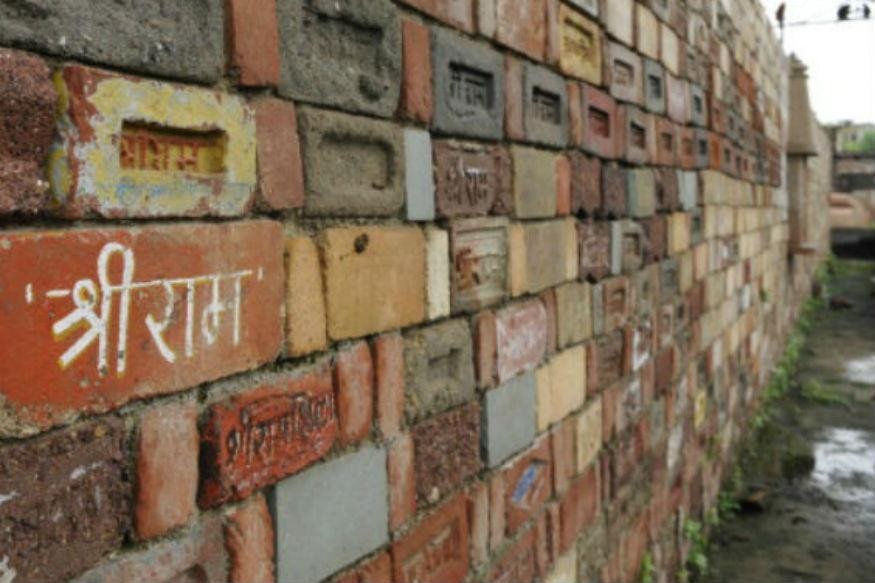
The UP Central Shia Waqf Board (UPSCWB) on Friday told the SC that it wants to donate one-third of land granted to Muslims by Allahabad High Court to Hindus for building the Ram Temple. "For the unity, integrity, peace and harmony in this great country, Shia waqf board is in favour of donating Muslim share of Ayodhya disputed land for building the Ram Temple," Shia Waqf Board's lawyer told SC.
Senior counsel Rajiv Dhawan opposed UPSCWB's statement saying it has no locus standi to speak in the case. Dhawan even equated Babri Masjid's vandals to Hindu Taliban and said the act of vandalism is akin to Taliban destroying Buddha statues in Bamiyan.
"Just as the Taliban destroyed the Bamiyan, the Hindu Taliban destroyed Babri Masjid," Dhawan told SC. "No faith has the right to destroy a mosque. The fact that a mosque was destroyed does not conclude the argument of the right to prayer, he added.
Dhawan criticised the UP government for taking a stand in the Babri-Ram mandir land dispute. "UP govt cannot change the stance of neutrality on Ayodhya title suit. Central govt cannot support anyone as it is the statutory receiver in the Ram Mandir case" added Dhawan who is the lawyer for some Muslim petitioners.
The apex court has adjourned the case till July 20. Rajiv Dhawan will continue arguments on behalf of the Sunni Muslim petitioners. On May 17, a special bench comprising of Chief Justice of India (CJI) Dipak Misra and Justices Ashok Bhushan and SA Nazeer heard the Hindu group’s submissions. The groups opposed the plea of their Muslims counterparts on 1994 verdict that held that a mosque is not an integral part of prayers offered by Islam followers.
M Siddiq, one of the original litigants who is deceased and now being represented through legal heir, had attacked some of the findings of the 1994 verdict, where it was held that a mosque was not an integral part for Muslims to offer prayers. Siddiq's legal heir told the bench that the observations made in the case affected or had some kind of bearing on the verdict of the case.
The Hindu groups, however, objected reopening the matter as it had already been settled. The apex court special bench has received a total of 14 appeals, that were filed against the Allahabad High Court judgement.


.jpeg)

